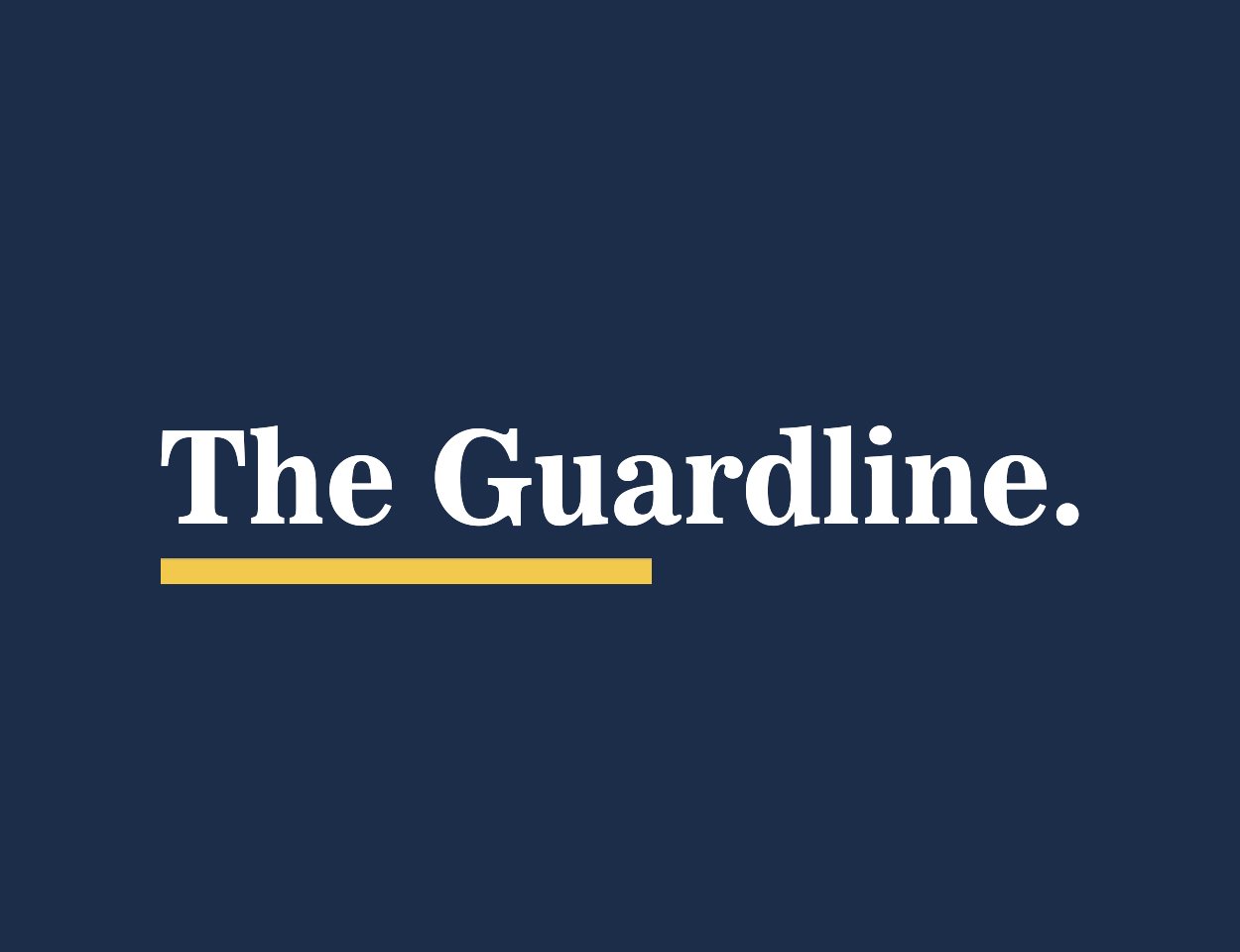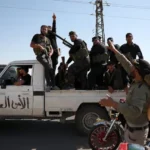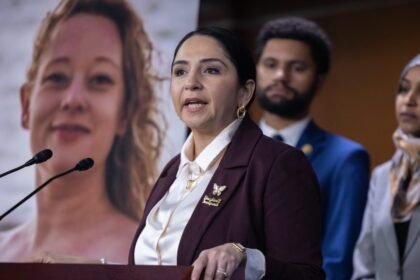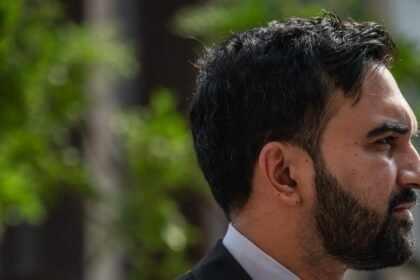Guarding Integrity in Every Headline — Since day one, The Guardline has been committed to delivering accurate, unbiased news, standing as guardians of truth in every story.
Washington’s Strategic Pivot
On May 22, 2025, the United States announced a new wave of financial and trade sanctions targeting the Sudanese Armed Forces and the transitional government led by the Sovereignty Council.
The sanctions, confirmed by the U.S. State Department, cite the use of chemical and biological weapons by the Sudanese Army during the ongoing conflict, marking a sharp escalation from earlier measures that primarily targeted individuals such as General Abdel Fattah al-Burhan and former paramilitary leader Mohamed Hamdan Dagalo (Hemetti).
This policy shift reflects a calculated strategy by Washington: moving away from symbolic pressure on individuals to direct action against the core institutions of power that continue to drive Sudan’s devastating war.
Pressure on the Military Leadership
U.S. officials have made it clear that this move is designed to force the Sovereignty Council and the military command to reassess their path and return to inclusive political negotiations.
Analysts note that the Sudanese Army, led by General al-Burhan and influenced by Islamist networks tied to the defunct National Congress Party, remains the primary obstacle to a sustainable political settlement. Continued reliance on military escalation, experts warn, has prolonged the humanitarian crisis and deepened political fragmentation.
Scope of the Sanctions
The sanctions package includes:
- Freezing credit lines linked to Sudanese state-controlled entities.
- Restricting U.S. exports to Sudan.
- Limiting financial aid and international funding channels available to the Sudanese government.
Although Sudan’s economy is not deeply integrated with the U.S. financial system, the sanctions send a powerful signal internationally. By tightening Sudan’s access to global credit and trade, the measures amplify the country’s economic isolation, complicating its prospects for recovery and growth.
Conditional Relief — or Further Isolation
The effectiveness of these sanctions, according to U.S. officials, depends on Khartoum’s response:
- If the military leadership agrees to meaningful negotiations, Washington is prepared to consider easing restrictions.
- If defiance continues, the U.S. and its allies could escalate their actions, potentially pushing Sudan toward Chapter VII designation under the United Nations Charter — a move that would enforce comprehensive political and financial isolation.
Diplomatic sources describe this as a clear ultimatum: engage in good-faith dialogue or face deeper consequences that could cripple the country’s already fragile economy.
International Pressure Builds
Global analysts believe that mounting international pressure could compel the Sudanese leadership to reconsider its position. The effectiveness of the strategy, however, may hinge on whether these economic measures are paired with legal actions at international forums, including investigations into war crimes and chemical weapons violations.
Observers warn that global patience is wearing thin. The combination of military intransigence, disinformation, and the influence of entrenched Islamist networks has isolated Sudan further, leaving its leadership with shrinking options as the humanitarian crisis deepens.
The Guardline’s Commitment
At The Guardline, we remain committed to guarding the integrity of every headline. As sanctions take hold and pressure intensifies, our team will continue to deliver accurate, verified coverage on the developments shaping Sudan’s political and humanitarian future.











